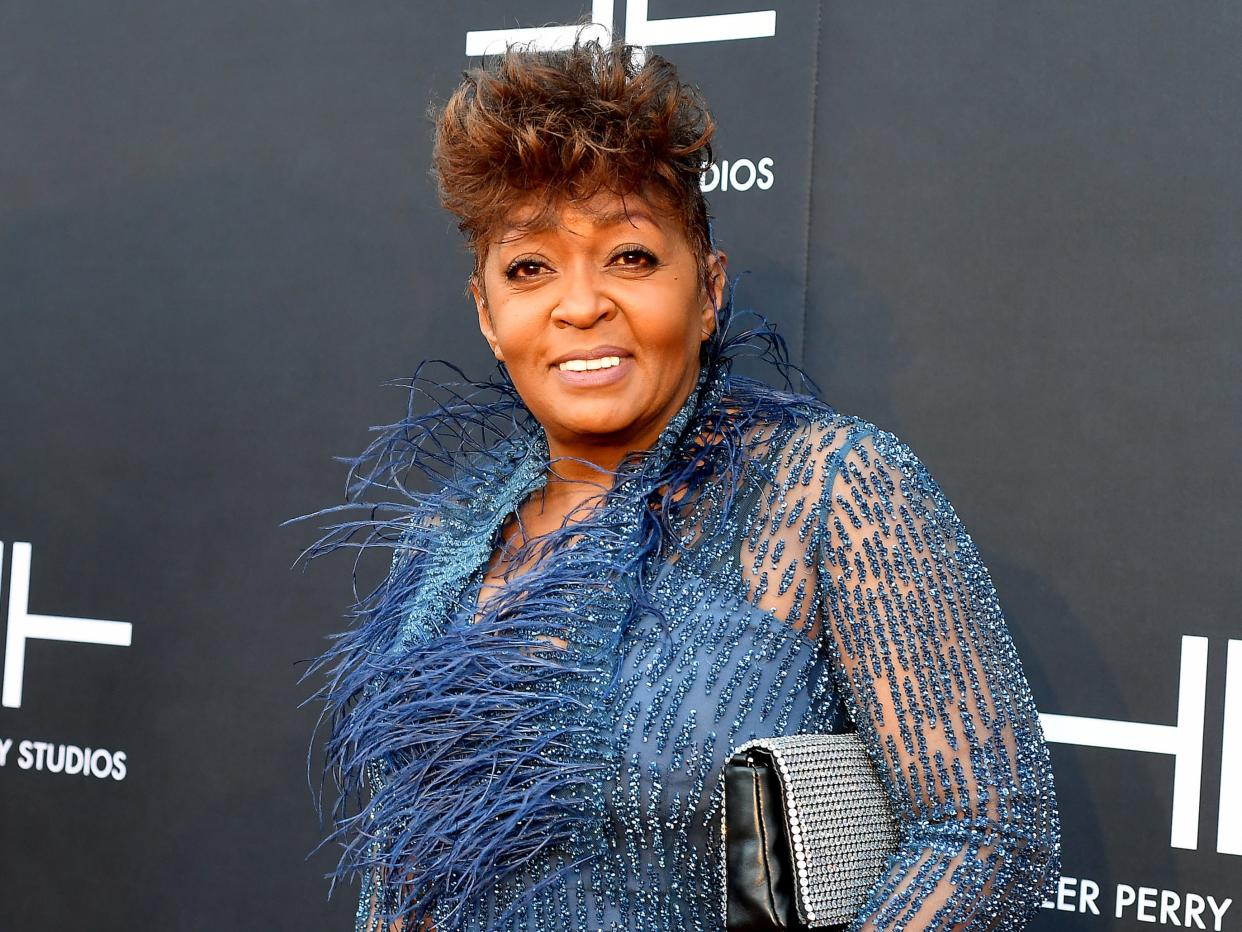Anita Baker wants fans to stop listening to her music. It’s important we do what she says

There’s no sound in music quite like Anita Baker’s velvet-smooth, gospel-tinged voice sliding over the syllables of her first enormous 1986 single, “Sweet Love.” When she belts out, “Hear me callin’ out your name/I feel no shame” it’s a sensual rapture that feels like the most personal emotion in the world. It belongs to Baker and no one else.
In fact, though, the song doesn’t belong to Baker. Like most musicians, she doesn’t own her original recordings. Record contracts give labels title to master recordings; the rights are supposed to revert to artists after 35 years. That means that Baker’s classic album on Elektra,Rapture (1986) should be reverting to her this year. She would then get significantly more royalties whenever her music is bought or streamed.
Baker, though, says her label is fighting to keep control of the recordings. She has urged fans on boycott her albums and streams to pressure the label to return the masters to her. “Unfortunately, they’re gonna make me Fight 4 it,” she wrote. “I’m Prepared 2 do that. Please Dont advertise/buy them.”
Baker’s plight is not unique; the music industry has a notorious history of exploiting artists in general and Black artists in particular. The way that labels seize ownership of artists’ labor and genius is an injustice, because that labor and genius is so obviously inherent in the artist. How can someone else own Anita Baker’s voice? Baker is a worker, and she is alienated from her labor. The process by which that happens is unusually stark, but not hugely different in kind from how other workers in other professions are exploited.
As Matt Stahl writes in his book Unfree Masters, “The stars of popular music often appear to be so free and to be doing such enjoyable, expressive, and fulfilling work that it almost seems strange to think of them as working people.” But even if Anita Baker enjoys singing, that singing is still work. In fact, Stahl notes, the fact that art is fulfilling has increased competition, and made it easier for artists to be exploited.
Since music has been recorded, record companies have entangled recording artists in nakedly unfair and ugly contracts. In the 50s and 60s, most contracts provided an advance for artists, which they then had to pay back with royalties. Once the advance was paid back, artists would receive more substantial income from record sales; bestselling hit artists could in theory become wealthy.
In practice, however, Stahl and his colleague Olufunmilayo Arewa found that record companies themselves kept track of the royalties. They generally weren’t even audited. That meant they could use shady accounting practices, or simply outright lie about what they were still owed. Black artists were hardly in a position to win lawsuits in racist courts and had no way to examine the books or recoup what they were owed. Huge stars like Motown’s Mary Wells spent their last days in poverty, unable to pay for healthcare.
It would be nice to think that things are better now, and that artists are treated more fairly. But, as Baker says in her tweets, exploitation is very much alive. Spotify, the leading streaming music service, pays artists only about a third of a cent per stream, among the lowest in the industry. As artist incomes cratered during the pandemic, the streaming service’s value tripled. Meanwhile, the largest music companies — Sony, Warner and Universal — make about $19 million a day from Spotify. Anita Baker’s music is making a ton of money for a lot of people who aren’t Anita Baker.
The most high-profile, famous, and powerful artists have some latitude to push back against exploitation. Prince famously managed to regain control of his masters, though it took decades. Taylor Swift is planning to re-record her early albums; the original masters are owned by Scooter Braun, an executive Swift despises. The first of her re-recordings is scheduled to be released in April. It’s expected to be a huge hit.
Most artists don’t have the kind of leverage to make new versions of old albums into new blockbusters. Baker is famous and beloved, but she’s not one of the two or three most powerful artists in the industry. She does at least have enough clout to make her case into national news, and to pay lawyers to help her with her struggle with the label. A lot of musicians aren’t even in a position to do that.
In fact, most musicians are effectively in the same position as most of the rest of us — which is to say, their labor is taken from them, and goes to make someone else money. Capitalism too often works by separating the worker from the work, so that someone else can exploit that work and derive income from it.
But when you listen to an Anita Baker recording, you hear her calling out your name. She is the song she sings; she’s the work she did, and the thing she made. The record label shouldn’t own her or her work.
Music tells us about freedom. We should pay Anita Baker, and we should listen to her more closely.

 Yahoo News
Yahoo News 
